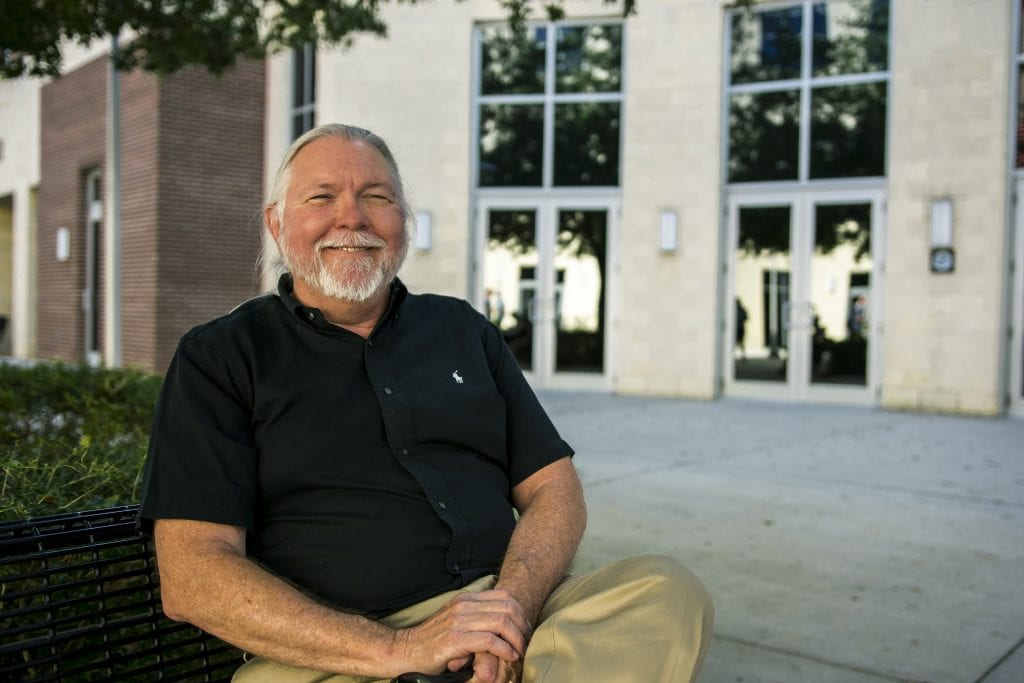Director Named to Lead Center for the Study of Human Trafficking and Modern Slavery

Professor Roberto “Hugh” Potter, Ph.D., was appointed this week to lead UCF’s Center for the Study of Human Trafficking and Modern Slavery.
The center answers several needs in an area of Florida particularly vulnerable to human trafficking because of its agricultural and hospitality industries. Affiliated faculty conduct research and provide consulting expertise to professions that encounter human trafficking, including law enforcement, nursing, social workers and nonprofits.
Potter brings a broad background in sociology to the director position, including experience in academia, Florida’s justice system and the Centers for Disease Control and Prevention. He currently teaches criminal justice.
The center is supported by the UCF Foundation’s Human Trafficking Fund and is administered in cooperation with the Office of Global Perspectives and International Initiatives in the College of Sciences.
“We have a deep pool of researchers, faculty and students who are committed to using their expertise to combat this scourge on society. I’m excited to see this center grow and flourish under Dr. Potter’s leadership,” said College of Sciences Dean Michael Johnson, Ph.D..
Potter said he has several goals in mind with the new center, and collaboration with other departments and colleges is key to making them a reality. Any college, department or center is welcome to reach out to him directly, Potter said.
Rosen College of Hospitality Management, for instance, has teamed up with the United Abolitionists network of first responders to teach students how to recognize signs of human trafficking. Evolving technology used to cover tracks and illegally move people means digital forensics students need to stay informed of latest trends. The arts can play a role as a medium for raising awareness around trafficking.
“We’re bringing an interdisciplinary approach to this,” Potter said. “Like most social problems, this is not something that anyone owns or solves. It takes a team.”
By its simplest definition, human and sex trafficking is exploiting people for profit. Prostitution is a common example, but trafficking can also take the form of underpaying undocumented immigrants working in hotel kitchens or harvesting vegetables.
Central Florida is an attractive location for human traffickers with its booming tourism industry and proximity to several interstate highways. Potter foresees continued research collaboration with law enforcement, as well as promoting programs that benefit the campus community. Universities are a prime target for trafficking, and it is key that students understand how to prevent themselves from becoming victims.
“Our campus has done an excellent job teaching awareness and how to intervene when they see something wrong. Now we want to stop it from happening in the first place,” Potter said.
